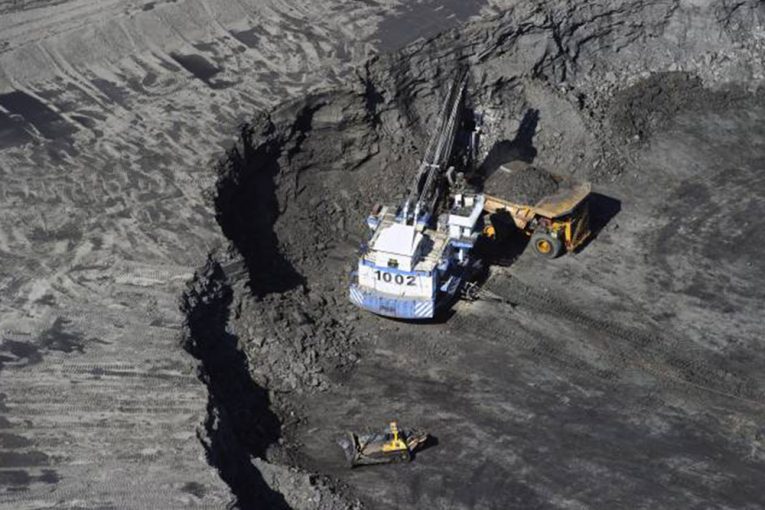
CALGARY – Canadian Natural Resources Ltd. more than doubled its profits in the second quarter thanks in large part to production limits imposed by the Alberta government, which the company believes should be wound down.
“Directionally, curtailments do need to wind down,” CNRL president Tim McKay said in an interview Thursday, noting that the Alberta government is looking for ways to lift the production limits that it imposed on producers at the end of 2018.
CNRL had been one of the companies advocating for curtailments at the end of 2018, when the discount for Canadian oil blends reached historic levels and led to producers accepting US$45 per barrel less for their oil than their competitors in the U.S.
McKay said Thursday the industry and provincial government are discussing ways to lift the production limits imposed on producers by the end of this year, while also boosting oil-by-rail volumes to clear a glut of crude in the province.
He said the curtailment order could affect oil companies’ budgets for 2020 if producers are limited on what they can produce next year, though companies like CNRL would continue to spend money due to naturally declining production from existing oil wells, maintenance projects and oil moving out of storage.
“But if differentials on synthetic and (Western Canada Select) oil blends blow out to 45 bucks like they did in December of 2018, that will kill the industry more effectively than curtailments,” McKay said.
Any party, however, was short lived as U.S. President Donald Trump announced plans for an additional $300 billion in tariffs on Chinese goods on Thursday morning and sent WTI oil prices into a tailspin, falling over 7 per cent by mid-day to US$54.12 per barrel.
Stocks in oil producers dropped along with the fall crude and shares in CNRL, which beat analysts’ profit expectations for the quarter, fell over 4 per cent or $1.50 per share to $31.98 each on the Toronto Stock Exchange.
CNRL reported net earnings of $2.8 billion in the second quarter of 2019, which is up 188 per cent form the $982 million it earned in the second quarter of last year.
The company’s production, meanwhile, dipped by about 2.5 per cent or 25,000 barrels of oil equivalent per day over the same period to 1.025 million boepd in the second quarter of 2019.
The financial results beat analysts’ expectations on the backs of higher than expected oil prices, Canaccord Genuity analyst Dennis Fong wrote in a research note.
Analysts were also praised the company’s plans to wrap Devon Canada’s oilsands and heavy oil business into its own operations at a faster pace than expected. At the end of May, CNRL announced a $3.78-billion deal to buy Oklahoma City-based Devon Energy Corp.’s Canadian business, including its Pike thermal oilsands project.
“It is encouraging to see integration of the newly acquired Devon Cnada assets proceeding ahead of planned, and we expect further synergies will be unlocked with time,” Raymond James analyst Chris Cox said in a research note.
• Email:
You can read more of the news on source
